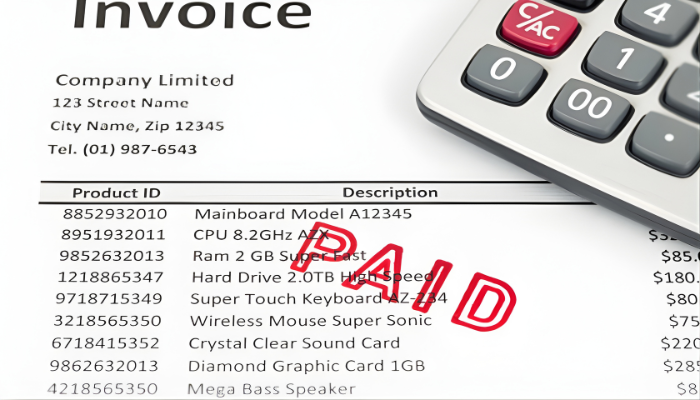
Waiting for accounts receivable to pay invoices can leave a business cash-poor. Factoring those invoices can free up critically needed cash and help your business grow. If you are considering invoice factoring, you would be aware of how the IRS regards factoring and its implications for your business, especially in light of the increasing focus on taxpayer compliance burden.
Are Factored Receivables Taxable?
The IRS is going to use many different factors to determine if your factored receivables are taxable. They want to make sure you are not using factoring to shift income offshore or to avoid paying income taxes on the proceeds of the invoices.
The factors that the IRS will consider are as follows:
- The location of the factoring company. Offshore factoring companies often raise red flags when they are used by U.S.-based companies, especially those with parent companies based offshore also.
- The relationship between your company and the factoring company. If you are both owned by a single parent company, the IRS is going to be delving into your records deeply.
- The type of factoring agreement that you have with the factoring company. Some agreements involve the factoring company buying the receivables. Other agreements only involve the factoring company advancing funds to your company. In the second kind of agreement, you retain ownership of the invoices, while, in the first, you do not.
- How you report factoring expenses as deductions on your business tax returns. Factoring expenses, such as set-up fees and commissions are tax deductible. However, the way you report them is different based on whether you retain ownership of the receivables or sell them to the factoring company.
- Limitation on the Deduction for Business Interest Expense. It's essential to be aware of the "section 163(j) limitation." Prior to the 2017 Tax Cuts and Jobs Act (TCJA), this limitation applied only to certain interest paid or accrued by corporations. However, the TCJA and the subsequent Coronavirus Aid, Relief, and Economic Security Act (CARES Act) made significant changes to this limitation. The general rule is that the amount of deductible business interest expense in a taxable year cannot exceed the sum of the taxpayer's business interest income for the year, 30% of the taxpayer's adjusted taxable income (ATI), and the taxpayer's floor plan financing interest expense for the year. Notably, under the CARES Act, a different percentage (50%) of ATI may apply for taxable years beginning in 2019 and 2020.
The general rule is that, if you sell accounts receivable to a factoring company, your company will report the amount received as income. If you retain the accounts receivable and receive an advance from the factoring company, that is not considered income for tax purposes. Given the IRS's focus on reducing taxpayer compliance burden, it's essential to ensure accurate reporting. The best option is to have an experienced tax professional review your factoring agreement and ensure you are reporting properly.
Do You Have a Tax Lien Against Your Company?
If you have unpaid payroll taxes or owe the IRS for any other reason, you may have a lien placed against your company's assets. In this type of situation, you may face difficulties in factoring your invoices. The IRS is using the lien as collateral to secure the tax debt.
To factor your invoices, you will need to have the IRS issue a subordination. A subordination means the IRS takes second position on the proceeds of those invoices with the factoring company being the first. The IRS will not issue a subordination without certain factors being met:
- You need a payment plan worked out with the IRS.
- You need to show how factoring will get increase the chances of satisfying the outstanding IRS debt.
- You will need to have the factoring company make payments directly to the IRS.
Factoring will affect the way you report your business taxes. With the IRS's focus on reducing taxpayer compliance burden, understanding the nuances of tax implications becomes even more crucial. It is important to understand all the tax implications before signing a factoring agreement.


















